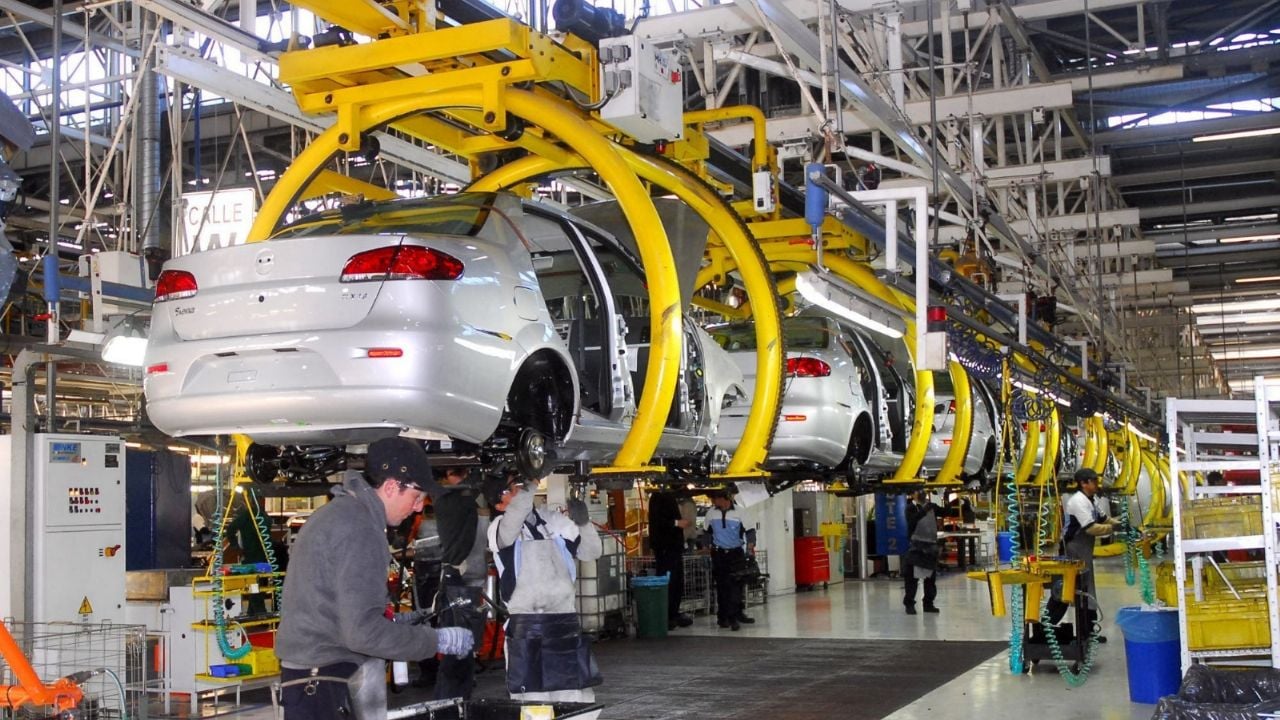The Incentive Regime for Large Investments (RIGI) has been a topic of great interest and debate in the local industry. This regime, designed to attract significant investments, promises tax and tariff benefits for projects exceeding 200 million dollars.
However, the Argentine Industrial Union (UIA) has identified several potential problems that could arise with the implementation of this regime. Below, we detail the expected impacts of the RIGI in the local industry and the problems that have already been detected by the UIA.
He RIGI Its main objective is to encourage large investments in strategic sectors such as mining, energy, steel, technology, tourism and infrastructure. By offering tax and tariff benefits, the regime seeks to promote economic development, increase exports and encourage job creation.
Incentives include a reduced corporate income tax rate, accelerated amortization of investments and the possibility of transferring tax losses to third parties after five years.

The government maintains that the RIGI It will be a driving force for local companies, similar to what has happened in the mining sector. The expectation is that the large investments attracted by the regime will generate a multiplier effect in the economy, benefiting local suppliers and creating new employment opportunities.
Furthermore, the scheme is expected to contribute to the modernisation of infrastructure and the development of new technologies, positioning Argentina as an attractive destination for long-term investments.

Issues
Despite the expected benefits, the UIA has identified several problems that could arise with the implementation of the RIGI. One of the main problems is the potential unfair competition that could be generated if companies that adhere to the regime prioritize imports over local supplies.
This could negatively impact local small and medium-sized enterprises (SMEs), which already face significant challenges in the current economic context. The UIA has expressed concern that companies adhering to the RIGI may take advantage of tariff benefits to import goods and services, rather than sourcing them from local suppliers.


















